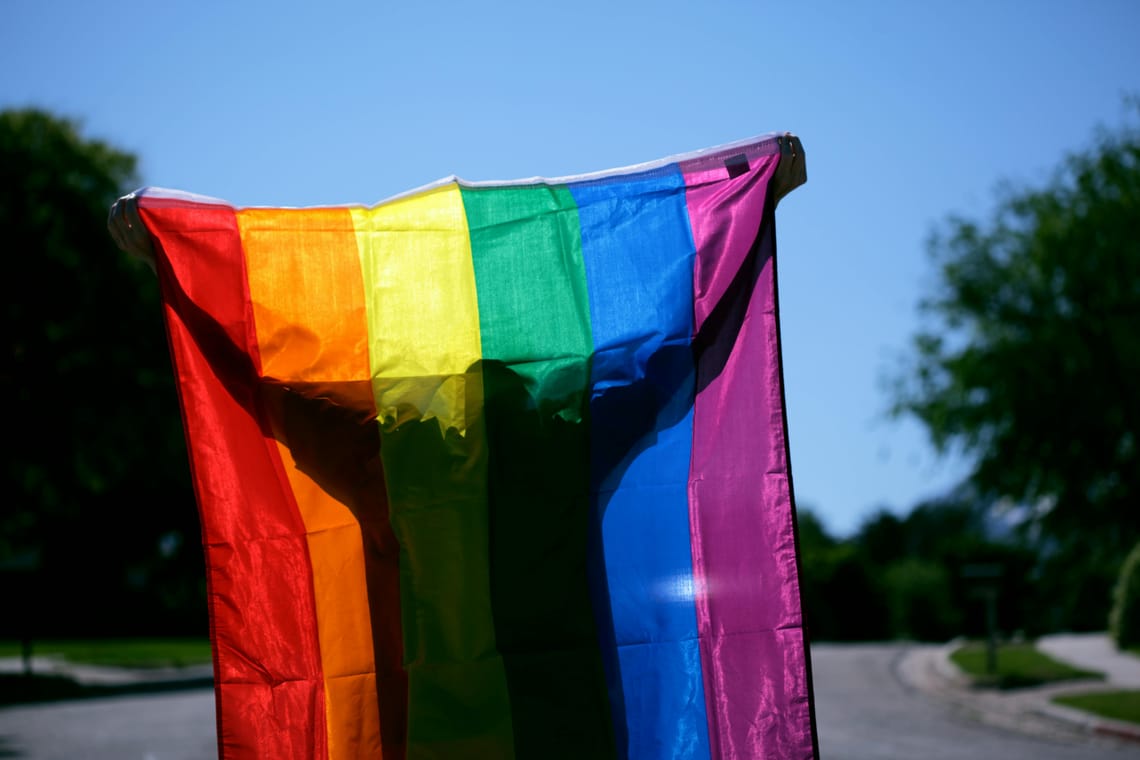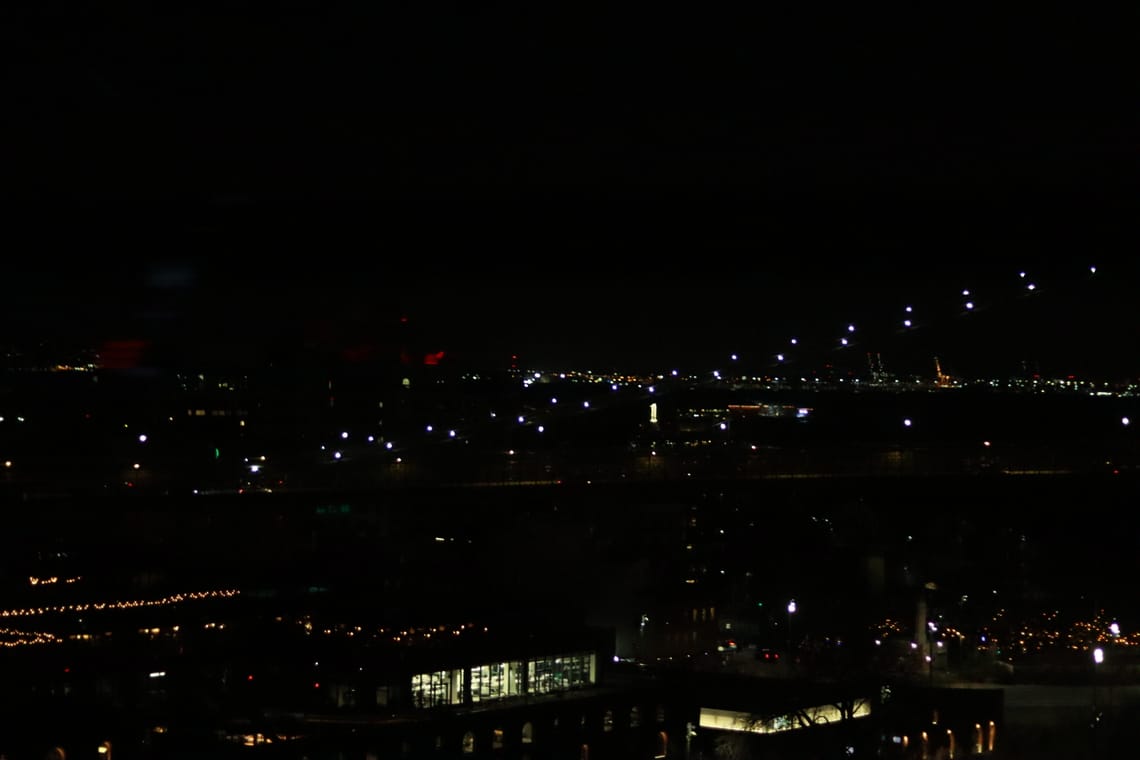Does the New York Constitution Allow for Non-Citizens to Vote in Local Elections? New York's Highest Court Agrees to Review.
The State of New York’s highest judiciary court, the Court of Appeals, will hear oral arguments on whether individuals who are not citizens can vote in local elections – specifically in New York City. As early as 2021, New York City enacted municipal laws that opened voting rights to residents who do not have citizenship such as dreamers and green-card holders. Non-citizens could have voted for a mayor of their choice, participated in local elections, and had some representation of their communities. Immediately, several lower courts struck down the law after being challenged by New York Republican leaders.
Four years ago, in 2021, New York City Council voted to adopt a bill to amend Local Law No. 11 which expanded the definition of “municipal voters” in local elections. The new eligibility included lawful permanent residents (also known as “green card holders”) who were allowed to participate in elections for local offices such as the Office of the Mayor. Local Law No. 11 defined a municipal voter as individuals who was not a United States citizen but meets these conditions: (1) is a lawful permanent resident or authorized to work, (2) is a resident of New York City and will be a continuing resident for 30 days or longer by the election, and (3) meets all of the qualifications for the registration to vote. The bill became law when both former Mayor Bill de Blasio and Mayor Eric Adams declined to sign or object to the legislation by vetoing within the allotted thirty-day window of doing so.
When the expanded definition became law, Republican leaders in New York were quick to file suit. In early 2022, plaintiffs including Staten Island Borough President Vito Fossella along with other registered voters and officials filed a lawsuit asking for the State judiciary to put an injunction against Local Law No. 11.
On a policy perspective, local progressive Democrats were supportive of the bill. Coined as “Our City, Our Vote,” the bill, proponents argued, would make local politics more representative by including immigrants in the community into the ballot box.
The question before the judiciary, however, was whether the New York State Constitution allowed non-citizens to vote. The Second Judicial Department in the New York Appellate Division (the lower New York Court) held that Local Law No. 11 was unlawful and unconstitutional – siding with the plaintiffs. Article Two, section 1 of the New York State Constitution states that “Every Citizen shall be entitled to vote…”. The lower Court argued that the “plain language … is available exclusively to ‘citizens’” and that because “...there is no reference to noncitizens … noncitizens were intended to be excluded from those individuals entitled to vote in elections.”
Following this month, New York’s highest Court – the Court of Appeals – agreed to consider whether noncitizens can vote in City elections. A future reversal of a decision can mean that an additional 800,000 people, some estimates claim, are eligible to vote in future New York City elections. Ultimately, the Court of Appeals will likely interpret the language of the State’s Constitution and either affirm or reverse the decision of the lower Court panel.
Sienna Woodley
Sienna is an intern at Chen Law Journal and aspires to become an environmental litigator. Outside of academics, she plays lacrosse and has experience working with a local law firm. Sienna is interested in various types of sciences including ecology, environmental chemistry and chemical engineering.
Email Me




